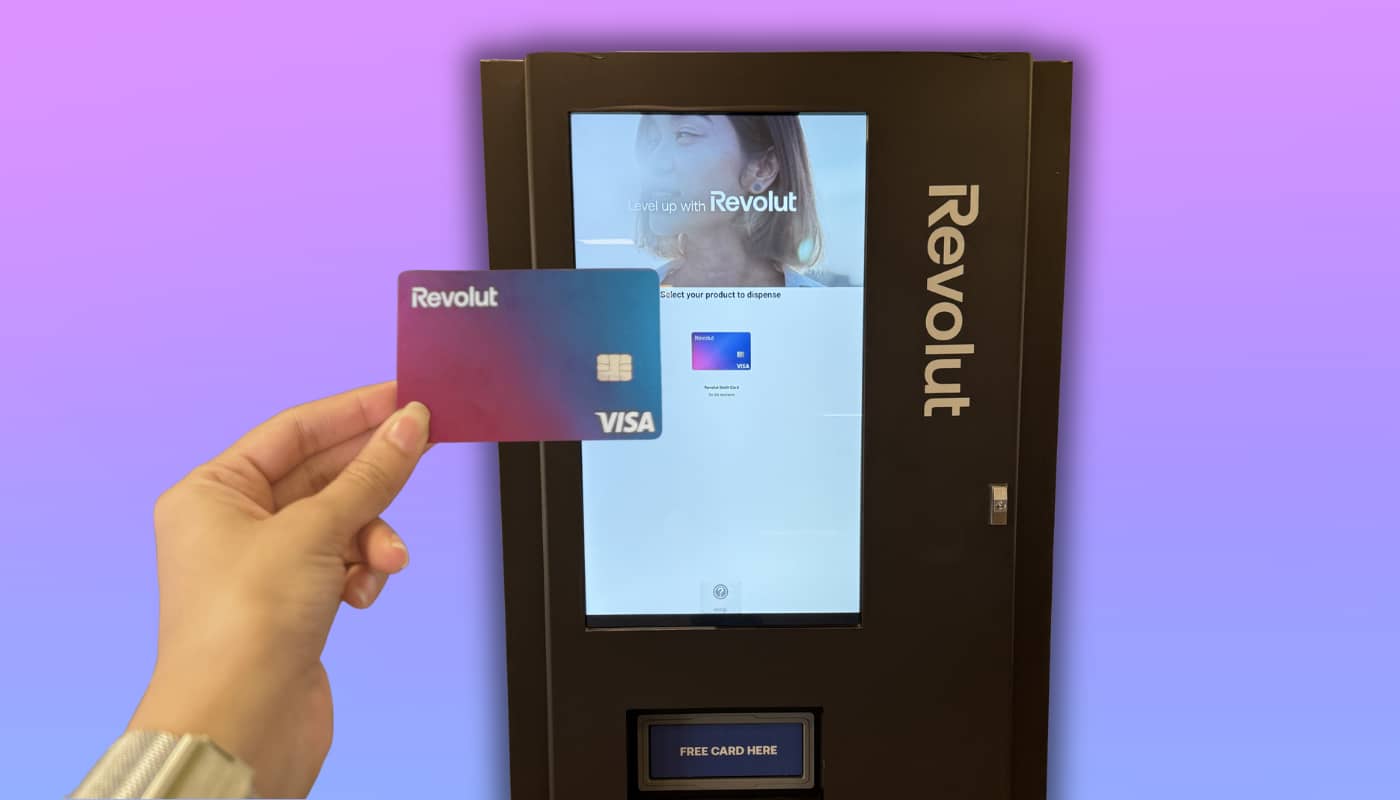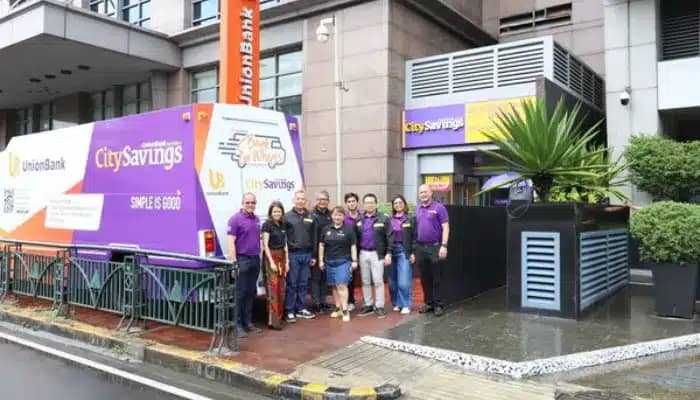Singapore – Standard Chartered (the Bank) has launched its latest global wealth campaign, inspiring affluent clients to take charge of their financial ambitions and capitalise on opportunities to grow their wealth.
In collaboration with Publicis Groupe Hong Kong and Singapore, the ‘Now’s your time for wealth’ campaign showcases Standard Chartered’s global network, expertise, and wealth investment solutions.
The Bank’s campaign delivers a compelling message: “The cost of waiting could mean falling short of one’s wealth ambitions.” It highlights the Bank’s key differentiators—its global network, client continuum, and wealth expertise—designed to help affluent clients, including global Chinese, global Indians, entrepreneurs, and sophisticated investors, grow, protect, and pass on their wealth.
Samir Subberwal, global head of wealth solutions, deposits and mortgages, and chief client officer, said, “For over 170 years, Standard Chartered has been faithfully serving our clients in Asia, Africa, and the Middle East. Now’s the time to let our clients know that we are with them on their wealth journey. We are well positioned to continue showing them market opportunities and supporting their wealth ambitions with our diversified wealth product offering, a clear wealth advisory approach that is enabled by digital wealth capabilities, and our open architecture platform of differentiated and comprehensive wealth solutions tailored to their needs.”


The global wealth campaign underscores Standard Chartered’s commitment to data-driven, personalised marketing for a more holistic client engagement. It also highlights the Bank’s goal to grow its affluent business, targeting USD 200 billion in affluent Net New Money and double-digit Wealth Solutions income by 2029.
The campaign will be showcased through a mix of out-of-home advertising at airports and city locations, print ads, film, and content partnerships with leading international, regional, and local media across seven key markets: Singapore, Hong Kong, Mainland China, Korea, Taiwan, the UAE, and India.
Haymans Fung, global head of marketing for wealth and retail banking, said, “The genesis of our campaign is inspired by our clients and their wealth ambitions, now and in the future. We wanted to break away from the norms of speaking esoterically to the meaning of wealth planning and instead espouse a refreshingly human and direct tone that is in lockstep with the reality of our clients needs and ambitions. We are excited to unveil our “Now’s your time for wealth” campaign across our network and let the power of the creatives tell the Standard Chartered story.”







